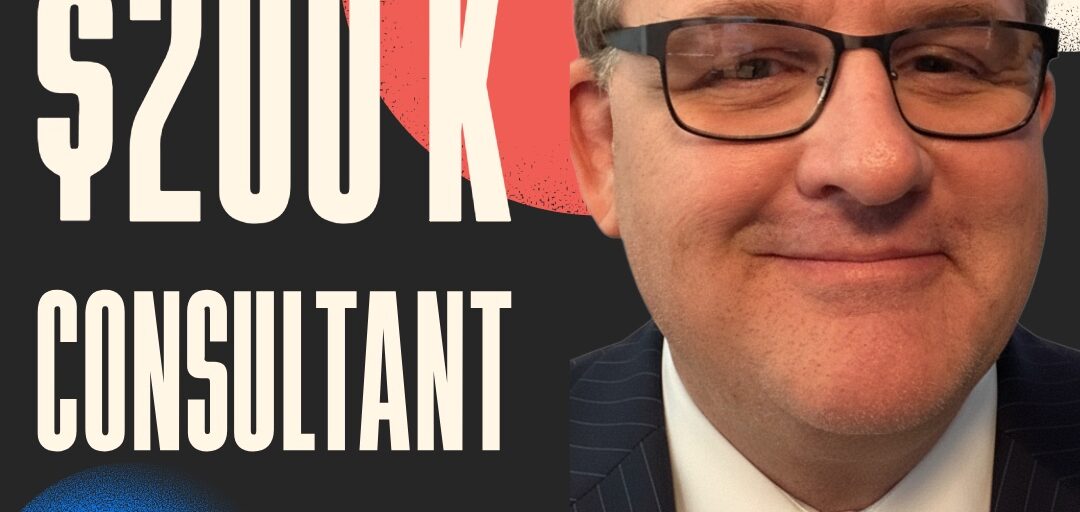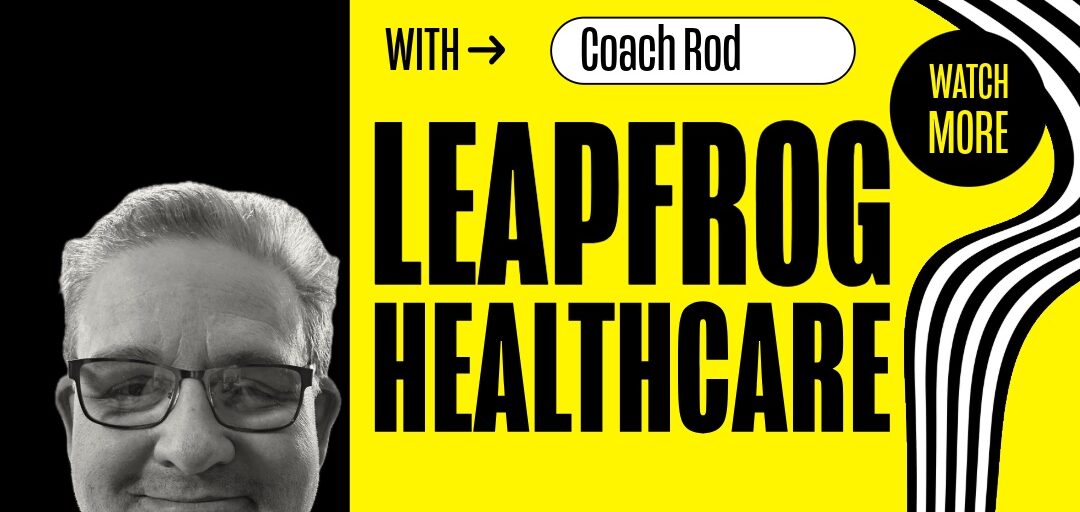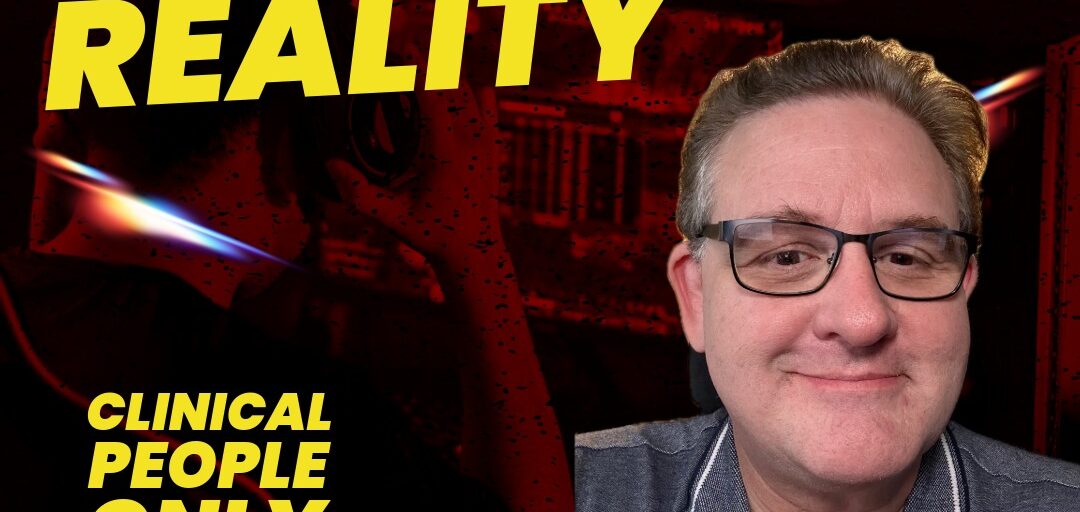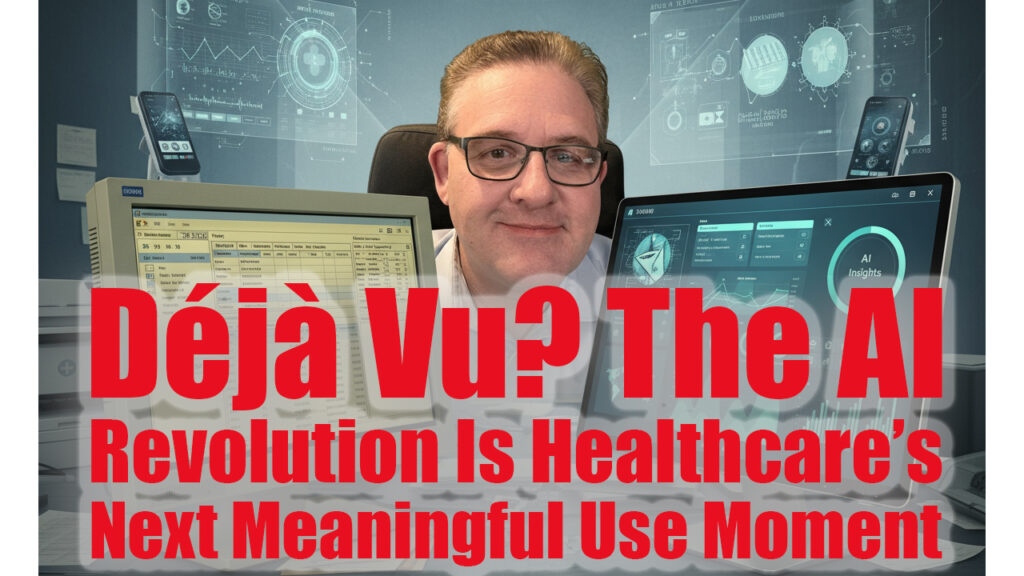Escape the Burnout Trap: How Clinical Professionals Thrive in Digital Health
Written by Rod on June 2, 2025
Are you EXHAUSTED by the never-ending demands of your healthcare career? Do those 12-hour shifts that turn into 14 leave you wondering if you’ll survive another year at the bedside? If you’re nodding your head right now, I’ve got LIFE-CHANGING news for you!
The Reality of Clinical Burnout
Let’s be honest about what clinical life has become. Burnout has reached EPIDEMIC levels in traditional healthcare roles. Those 10,000 steps on hard floors before lunch. The constant alarms. The staffing shortages that mean you’re doing the work of two people. The emotional weight of caring for critically ill patients.
This chronic workplace stress manifests as:
- Complete emotional exhaustion
- Growing cynicism about your work
- Reduced sense of accomplishment
- Physical symptoms like headaches and insomnia
And what happens when you’re burnt out? Your manager suggests more resilience training or meditation apps. As if YOU’RE the problem.
But deep down, you know the truth. The system is designed to extract maximum effort from clinicians with minimal support. And that’s not your fault.
Digital Health: The Path to a Sustainable Healthcare Career
Here’s the EXCITING truth — digital health offers a fundamentally different approach to healthcare careers that can help you BREAK FREE from the burnout cycle.
The digital health sector is creating work environments that prioritize:
- Results over hours spent working
- Flexibility in when and where work happens
- Employee wellbeing as a business priority
- Sustainable workloads with clearer boundaries
This isn’t just nice-to-have — it’s ESSENTIAL for building a career that lasts!
What Makes Digital Health More Sustainable?
1. Focus on Outcomes, Not Face Time
Unlike traditional settings where visibility equates to productivity, many digital health companies evaluate performance based on RESULTS rather than hours logged. This means you can work efficiently without the pressure to “look busy.”
2. Remote and Flexible Work Options
The ability to work from home or adjust your schedule creates natural boundaries that protect your personal time. No more commuting stress or rigid schedules that make life’s responsibilities impossible to manage!
When I transitioned from bedside nursing to digital health, the biggest shock wasn’t the work itself—it was having evenings and weekends free. It was being able to plan a vacation without begging for time off months in advance. It was never missing another birthday or holiday.
3. Employer Support for Wellbeing
Many digital health employers recognize that supporting work-life balance isn’t just nice—it’s smart business. They’re actively implementing policies that prevent burnout rather than treating it after the fact.
4. More Control Over Your Work Environment
The autonomy to structure your workday can dramatically reduce stress. When you can take breaks when needed, work during your most productive hours, and create a comfortable workspace, your overall wellbeing improves.
Your Clinical Knowledge is GOLD in Digital Health
Here’s what they don’t tell you in nursing or medical school: Your clinical knowledge is incredibly valuable in the digital health world.
Right now, there’s a massive digital transformation happening in healthcare. Electronic health records, telehealth platforms, remote monitoring tools, health apps, analytics systems — they’re all being built and implemented at record speed.
And there’s a critical shortage that nobody’s talking about: People who understand both healthcare AND technology.
Your skills that make you an amazing clinician — critical thinking, patient advocacy, understanding healthcare workflows — are exactly what digital health companies are desperate to find.
What Digital Health Roles Look Like
So what exactly can you do in digital health with your clinical background? The opportunities are endless, but here are some common paths:
- Project Manager: Leading healthcare technology initiatives, using your clinical knowledge to guide implementation
- Clinical Analyst: Becoming the bridge between the technical team and clinical users
- Implementation Specialist: Helping healthcare organizations successfully adopt new technologies
- Testing Lead: Ensuring new healthcare systems actually work in real clinical scenarios
- Training Specialist: Teaching other clinicians how to use new healthcare technologies effectively
The beauty of these roles? They leverage what you already know — healthcare workflows, patient needs, clinical documentation — and combine it with some new skills that are honestly much easier to learn than everything you’ve already mastered in healthcare.
Building Your Personal Burnout Prevention Strategy
Transitioning to digital health is a powerful first step, but you’ll still need strategies to maintain boundaries and protect your wellbeing:
- Set clear work hours and communicate them to colleagues
- Create rituals that signal the start and end of your workday
- Design a dedicated workspace that you can “leave” at day’s end
- Practice digital disconnection outside working hours
- Prioritize self-care activities like exercise, adequate sleep, and social connections
Remember: preventing burnout isn’t selfish — it’s the foundation of a SUSTAINABLE career that allows you to make your greatest contribution!
The Real Benefits of Making the Switch
Let me be transparent about what changes when you make this transition:
Schedule: You go from being told when you’ll work holidays and weekends to setting your own hours. No more night shifts unless you choose them.
Physical Health: The chronic pain many develop from years of patient care? Often gone within months. Your step count? About a tenth of what it was at the bedside.
Mental Health: The constant anxiety, the compassion fatigue, the day-before-my-shift dread — all significantly reduced. You still care deeply about patients, but you’re not carrying the emotional burden 24/7.
Impact: Instead of helping 5-8 patients per shift, your work impacts thousands daily. The systems you help build and improve touch entire patient populations.
Compensation: This one surprises many. Your salary could increase significantly in your first digital health role. Some clinicians make double what they made at the bedside within a couple of years.
Your Sustainable Future Starts Now
Imagine a healthcare career where:
- You consistently have energy left for your personal life
- Your work is evaluated on quality and impact, not hours
- You can take care of your own wellbeing while still helping others
- You can see yourself thriving for years, not just surviving until retirement
This isn’t a fantasy — it’s the reality that many healthcare professionals are creating in digital health careers!
Are you ready to break free from the burnout cycle and build a sustainable career that honors your expertise AND your wellbeing? The digital health revolution offers more than new technology — it offers a new way of working that could transform your professional future!
Don’t wait until burnout forces you out of healthcare completely. There’s a better path forward — one that values your expertise, respects your wellbeing, and amplifies your impact.
You’ve given enough to a system that takes more than it gives back. It’s time to transform how you contribute to healthcare — for your sake and for the patients who will benefit from better digital health solutions.




